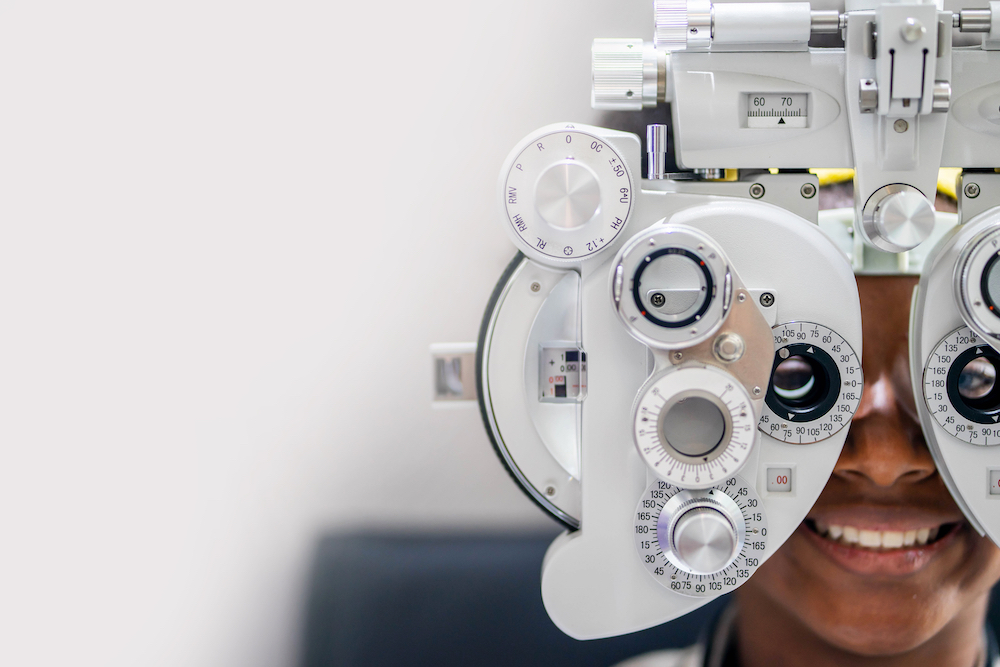
Your eyes are among the most complex organs in your body. To ensure that they function properly and remain healthy as they should, you need to undergo regular comprehensive eye exams. Many eye health problems do not have obvious signs and symptoms. Thus, it is crucial to combat eye damage by going for annual comprehensive eye exams.
The Difference Between a Comprehensive Eye Exam and Vision Screening
Unlike vision screenings, a comprehensive eye examination requires specialized equipment for an in-depth eye health check. Also, only a specialized doctor with enough training to issue a diagnosis can conduct a comprehensive eye exam.
Any eye specialist or even a school nurse can do a screening. A comprehensive eye exam is not limited to solely assessing your vision. It does several eye tests for a complete eye health and vision evaluation.
Who Is a Candidate for a Comprehensive Eye Exam?
Comprehensive eye exams are suitable for everyone. Individuals of all ages need to sign up for regular comprehensive eye exams according to their eye doctor's recommendations. Regular eye examinations serve as vital preventive health measures.
How to Prepare for the Eye Exam
It is crucial to call your doctor and secure an appointment for a comprehensive eye exam. List any questions you may need to ask your doctor. Update your eye doctor on any medication you have been taking. It is also ideal to have information about your eye health history.
During Your Comprehensive Eye Exam
A comprehensive eye exam will include:
Your health history - Your health patterns or your family health history may be able to inform your doctor on how to handle your eye examination
Visual acuity test - This test measures the clarity of your vision. Your eye doctor will ask you to identify the letters on a screen or a chart. The doctor will test each one of your eyes separately as well as together
Evaluation of eye movement flexibility, teaming, and focus - Your doctor will check how flexible and coordinated your eyes can work together
Refractive status assessment - Refractive assessment will determine what prescription lenses your doctor will give you for clear vision. During the test, bent light waves pass through your cornea and lens. If a refractive error occurs, it means you may need to correct it through either prescription glasses, refractive surgery, or contact lenses
Color vision test - A color vision test determines whether you are color blind. Colorblindness for most people is congenital. Eye diseases such as optic nerve disease and glaucoma can also lead to color deficiency
Slit-lamp exam - This test examines your lashes, eyelids, cornea, iris, lens, and eye fluid by using a microscope. This test can detect cataracts
Glaucoma screening - Your doctor will examine your eyes using tonometry to measure the intraocular pressure or fluid pressure inside your eye. Glaucoma screening can detect glaucoma disease that causes severe damage to your optic nerve
Ophthalmoscopy - This test allows your eye doctor to evaluate the retina, blood vessels that nourish the retina, and the optic disk
Visual field test - Your doctor will examine what you can fully see to the sides without trying to move your eyes. This test determines whether you struggle to see within your visual field
Results
After your comprehensive eye exam, your results will determine whether your eyes are healthy or if you require vision correction.
For more on what happens during a comprehensive eye exam, contact Eyes on You, PC at our office in Portland, Oregon. You can call (971) 252-7500 today to schedule an appointment.












